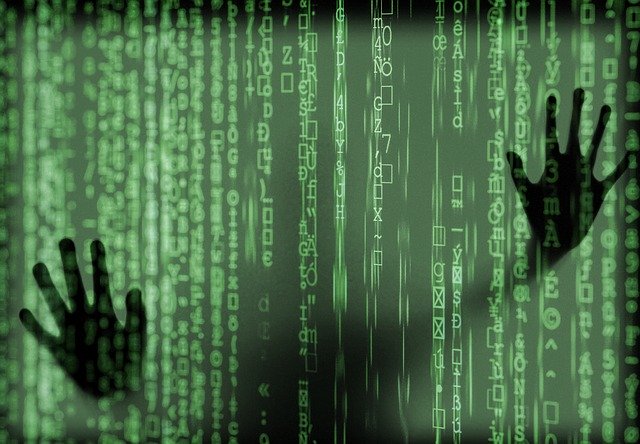Iran attempted to manipulate Israel’s water system to increase the amount of chlorine in Israel’s drinking water to dangerous levels in its cyberattack in April, a Western intelligence official told the London-based Financial Times on Sunday.
The official said that the attack, which almost succeeded, would have caused hundreds of Israeli citizens to fall ill. Furthermore, the attack could have caused a fail-safe, which would have shut the water pumps and left thousands of Israelis without water during the longest documented heatwave in Israeli history.
“It was more sophisticated than they [Israel] initially thought,” the Western official said. “It was close to successful, and it’s not fully clear why it didn’t succeed.”
An anonymous Israeli official quoted in the report said that the attack not only created “an unpredictable risk scenario” but that it laid the ground for “tit-for-tat cyberattacks” on civilian infrastructure – something that both countries have avoided to date.
The Times spoke to the Western official and four anonymous Israeli officials, who said that the Iranian attack was carried out by hacking into software that controls the Israeli water system after routing through US and European servers to hide the source of the attack.
The report also quoted an “Iranian regime insider” who said the allegations were nonsense. “Iran cannot politically afford to try to poison Israeli civilians. And even if Iran did so, where is the Israelis’ appropriate response?”
The head of Israel’s National Cyber Directorate, Yigal Unna, said last week that the attack, which attempted to mix chlorine and other chemicals in Israel’s drinking water in the wrong proportions, had the potential to be disastrous.
“It is a part of some attack over Israel and over the national security of Israel and not for financial benefit,” Unna said, without mentioning Iran directly. “The attack happened but the damage was prevented and that is our goal and our mission. And now we are in the middle of preparing for the next phase to come because it will come eventually.”
Unna added that the attack was a historic first in cyber warfare, referring to the fact that the attack was aimed at national infrastructure – the civilian systems. “This is the first time in modern history that we can see something like this aiming to cause damage to real life and not to IT or data.”
Israeli websites were targeted by a mass cyberattack a week and a half ago in what was reportedly an Iranian response to the Israeli cyberattack on the computer system of the Shahid Rajaei Port, near the Strait of Hormuz in April.
Israel’s attack was a response to Iran’s attempt to hack Israel’s water infrastructure system in April. The attack caused a pump in the Sharon municipal water system in central Israel to cease operation, although it did resume operation shortly afterward.
(YWN Israel Desk – Jerusalem)











